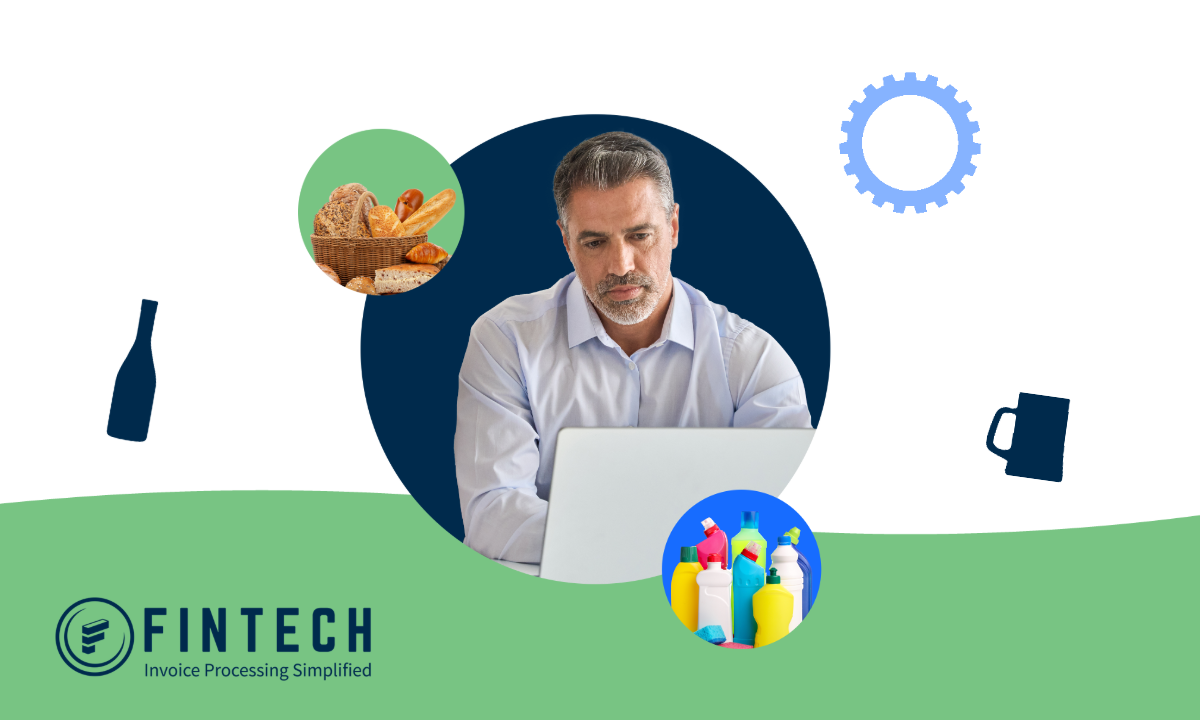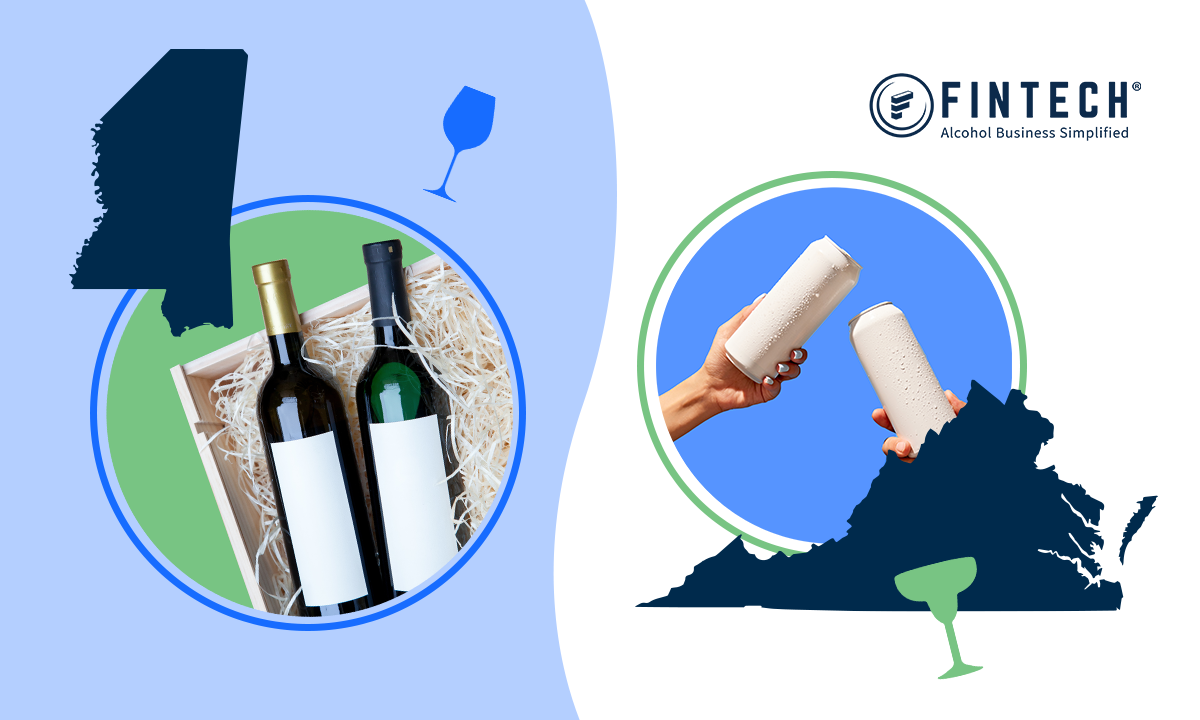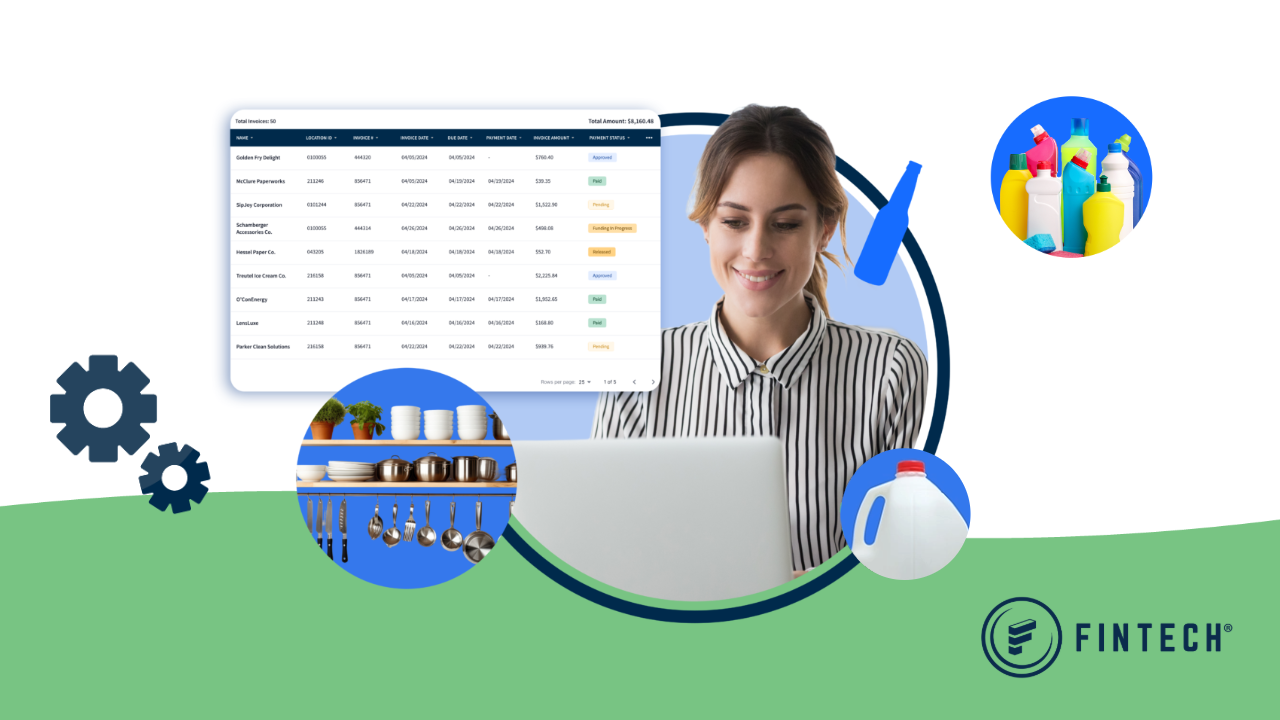News Flask! News On Booze:
Delivery Options Growing in Popularity
Ten years ago food delivery services were almost non-existent. Sure, you had a few options for delivery, and by a few I mean literally two: pizza and Chinese Food. What if you wanted barbecue or Italian food, or what if you realized you haven’t been grocery shopping in a few days and you have to pack something for your kids’ lunches the next day?
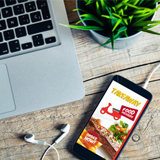
Today, delivery services, one of the fastest growing and most important facets of the food and beverage world, are trying to solve these issues. Restaurants, fast-casual eateries, grocery stores and even c-stores are jumping on the delivery trends by partnering with delivery companies, making the delivery process easier and providing convenient online ordering portals for consumers. Some mall-based stores that are fearful of embracing e-commerce have gone the way of the dodo, and if restaurants and grocery chains hope to escape a similar fate, they need to hop on the delivery bandwagon.
According to data gathered by NPD Group, a market research company, online delivery requests will grow by 25%in 2018. In response to these figures, retailers are diving into partnerships with delivery companies like UberEats, GrubHub, or Instacart, who provide easy online ordering and quick delivery. These partnerships eliminate the need for locations to create online ordering technology or hire additional delivery drivers. Moreover, restaurants have the chance to sell to a larger customer base. Say a restaurant is located in a downtown area with limited parking. Now, they can deliver to people who may not traditionally make the trek to the brick and mortar. Restaurants have also opened a larger delivery time frame, allowing ordering well into the night. McDonalds, who’s partnered with UberEats for delivery, stated that 60% of their online orders in 2017 were placed in the evening or overnight hours– because nothing staves off a hangover quite like a Big Mac.
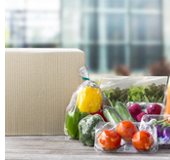
Even grocery stores are leaning into the delivery trends. Amazon capitalized on their Prime Day deals this year through the acquisition of Whole Foods Market, and they continue to offer special promotions to their Prime members through the sister company. Walmart, Target, Hy-Vee, and Kroger have all also either partnered with various delivery companies, or developed their own delivery systems to better serve their customers. In fact, as I’m typing this, an advertisement for Publix delivery fueled by Instacart came across my Pandora station. The competition for grocery delivery has created overlapping markets in many parts of the country, allowing consumers to order different products from different retailers.
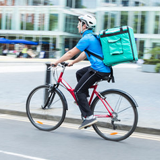
Interestingly, some grocery and liquor stores are also offering alcohol delivery options for everything from beer and wine to liquor, cordials, and pre-made cocktails. Of course ensuring delivery only to those legally allowed to drink alcohol is a curious challenge, but most delivery platforms require shoppers to enter their date of birth on the order form and then also provide a valid ID to the delivery driver. Consumers typically order more online than they would purchase in person, so grocers need to ensure proper supply and stock before entering into the delivery realm.
In our convenience driven world, delivery has gone from something that’s nice for retailers to offer, to a “consumer expectation”, according to NPD senior vice president Warren Solocheck. Whether restaurants and grocery chains choose to partner with delivery companies or create their own delivery program, the need remains the same – offer delivery. Stock up and get ready!



